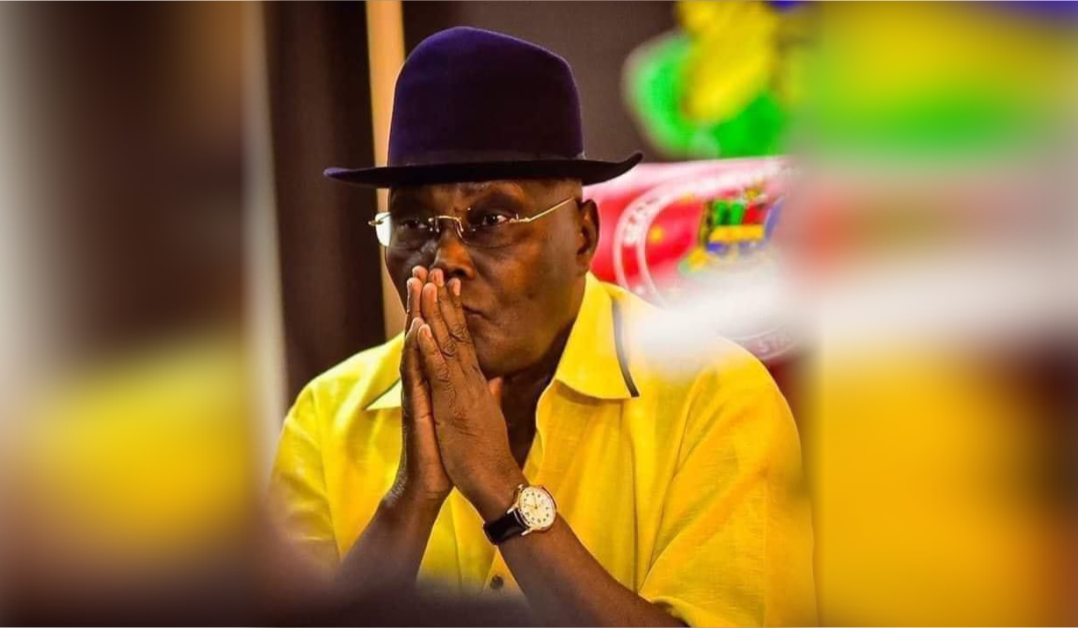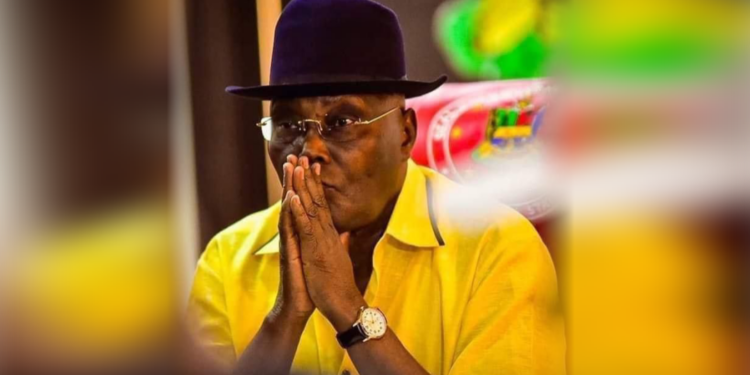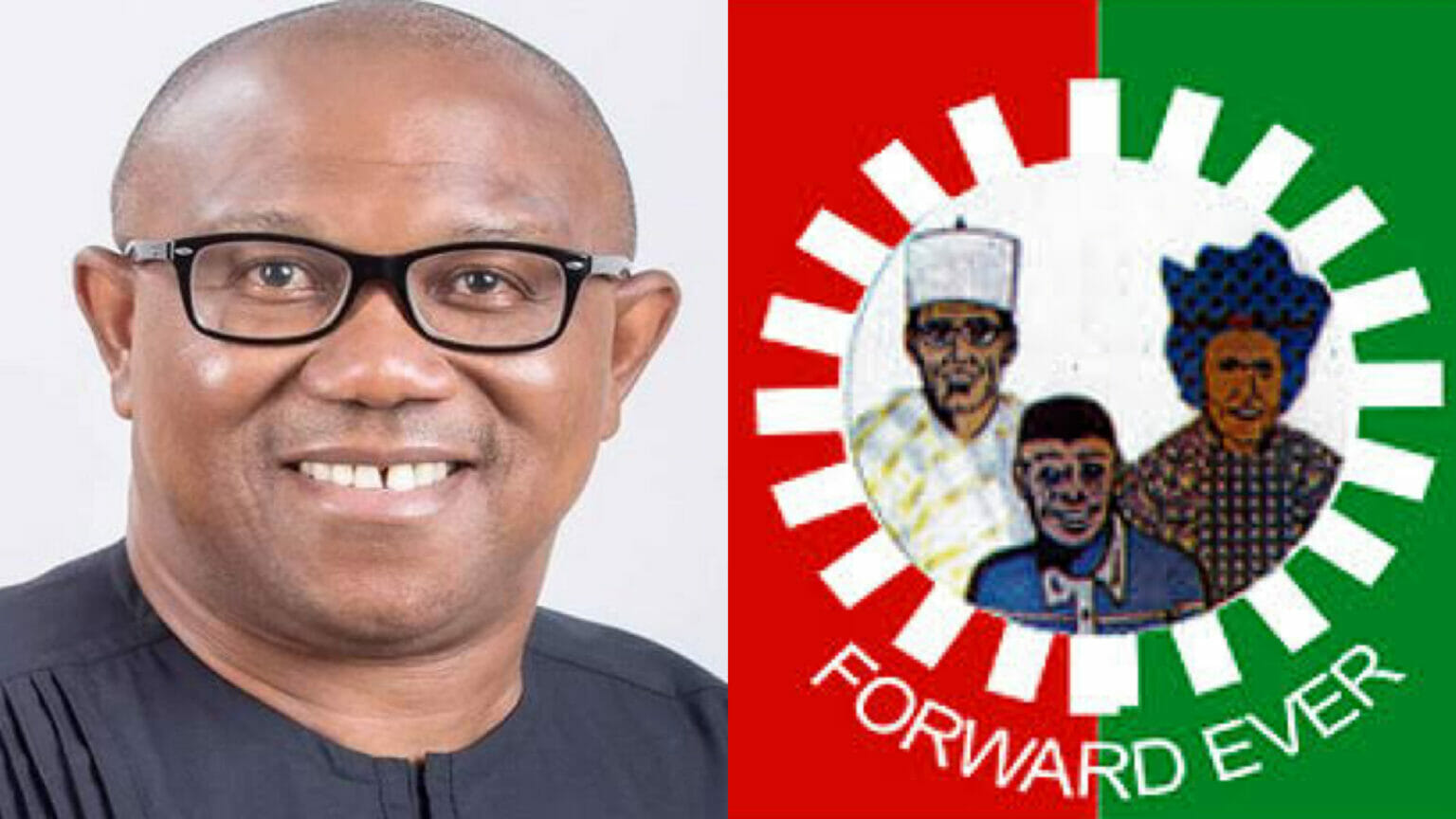- Mamman had said that the age limit for any candidate to write the Unified Tertiary Matriculation Examination (UTME) organised by the Joint Admissions and Matriculation Board (JAMB) remained 18 years.
- He emphasised that the policy was not a new one but was merely being enforced by the incumbent administration.
The 2023 presidential candidate of the Peoples Democratic Party, Atiku Abubakar, has criticized the policy setting 18 as the minimum age for tertiary institution admissions.
In a post on his X official page on Wednesday, Abubakar, a former vice president, said the policy belongs to the “stone age.”
Recall that in July, the federal government adopted 18 as the minimum age for university, polytechnic, and college of education admissions.
Tahir Mamman, the minister of education, also recently declared that students who have not spent the required total of 12 years in primary and secondary school will not be allowed to write any of the senior school certificate examinations (SSCE).
The policy has elicited mixed reactions as some parents have rejected it.
Joining the discourse, Abubakar described the policy as “an absurdity and a disincentive to scholarship”.
The former vice-president said it contravened the notion of “delineation of responsibilities” in federalism.
“The Nigerian constitution puts education in the concurrent list of schedules, in which the sub-national government enjoys more roles above the federal government,” he said.
“It is extra-constitutional for the federal government to legislate on education in a manner similar to a decree.
“The best global standard for such regulation is to allow the sub-national governments to make respective laws or rules on education.
“It is discouraging that even while announcing this obnoxious policy, the government inadvertently said it had no plan to cater for specially gifted pupils.
“The irony here is that should the federal government play any role in education, it is to set up mechanisms that will identify and grant scholarships to gifted students, not minding their ages before applying for admission into tertiary institutions.
“This controversial policy belongs in the stone ages and should be roundly condemned by everyone who believes in intellectual freedom.”
Nigeria operates the 6–3–3–4 system where a child enrols in school at age six for six years each of primary and secondary education.
At the end of secondary school, a Nigerian is expected to be aged 18 but many students often graduate at 16 or less due to skipped grades.












Discussion about this post